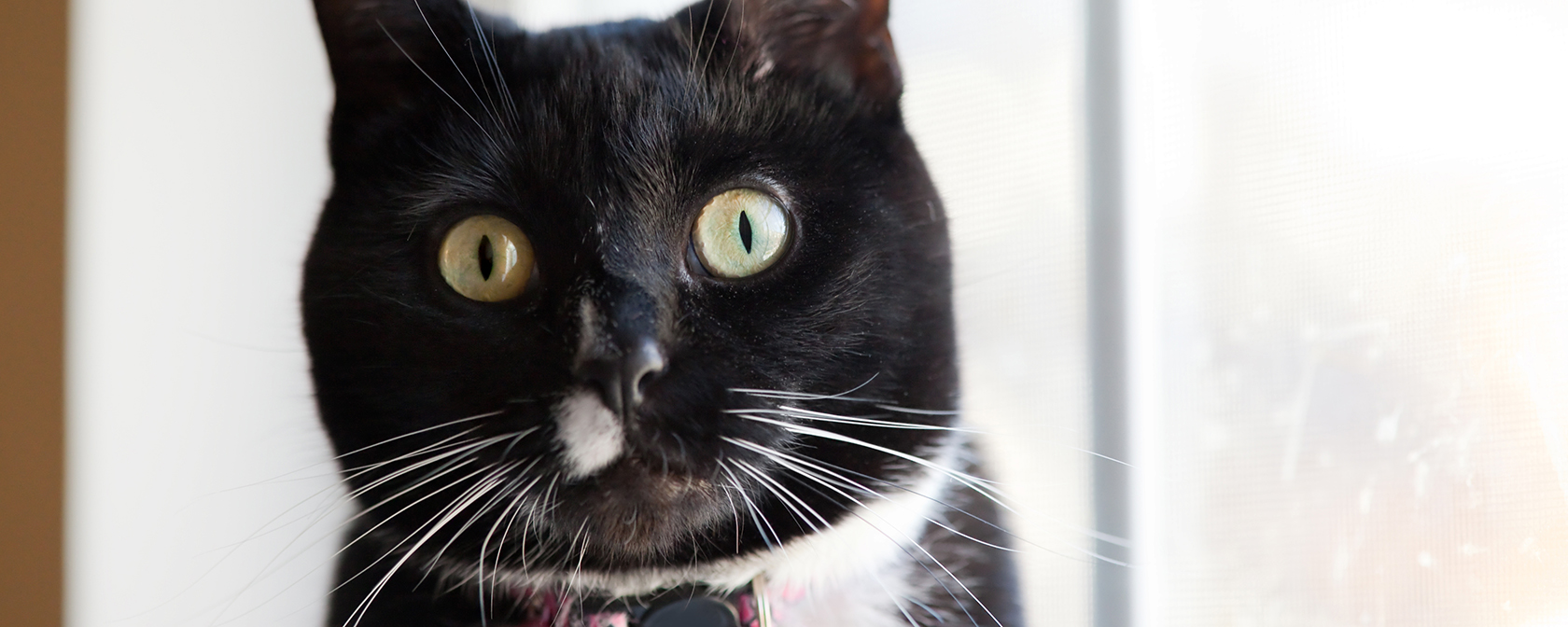Since 2006, with the primary goal of advancing federal animal protection legislation, the Humane Society Legislative Fund has published the Humane Scorecard to track the relevant votes, co-sponsorships, and other actions of federal lawmakers. It’s popular with our supporters, and it’s influential with legislators who know the value of a higher score.
Given the success of the scorecard, and with so much at stake for animals in state capitols, we’ve now started tracking key animal protection votes by state legislators.
Our 2022 Maryland Humane Scorecard is now online, and we invite you to check out how your state legislators stood on a range of animal issues. Please share this scorecard with family, friends, and fellow advocates and help spread the word!
Accountability is critical to our work. We are accountable to our supporters as well as to the animals we seek to defend, and we never forget who we’re working for. This means that we also work continuously to hold elected officials accountable for their track records and their commitment wherever the interests of animals are concerned.
The items scored in the 2022 Maryland Humane Scorecard include:
Spay/Neuter Fund: A ✓ indicates a vote in favor of HB191/SB206, an Act reauthorizing the Spay/Neuter Fund through September 2032. Maryland’s Spay/Neuter Fund has proven itself a model program since 2013, using a small fee on pet food to fund spay and neuter services across the state. This competitive grant fund has financed almost 90,000 surgeries in the last ten years, and decreased discretionary euthanasia of shelter animals by 55%.
Shelter in Extreme Weather: A ✓ indicates a vote in favor of HB16/SB44, an Act to require that dogs left unattended in extreme weather have shelter that meets clear, minimal standards. Prior Maryland law required that dogs left outside had access to “shelter,” but with no definition for the term – meaning dogs could be left without real protection in freezing snow or broiling heat.
Declaw Prohibition: A ✓ indicates a vote for HB22/SB67, an Act to ban the crippling process of "declawing" a cat. Prohibited across Europe, in New York State, and in multiple cities across the country, this procedure is actually the removal--with a scalpel or laser--of the last digit of a cat’s toes. Many vets are voluntarily refusing to perform this cruel and painful operation. Maryland is now the second state to end this practice.
Declaw Prohibition Amendment: A ✓ indicates a vote against an amendment to SB67, which would have allowed veterinarians to continue performing declaw procedures at their discretion.
Wildlife Trafficking: A ✓ indicates a vote for HB52/SB381, an Act to prohibit the sale of parts or products from a list of 15 endangered or threatened wildlife species, including elephants, giraffes, and pangolins. Federal law already prohibits the import of these parts or products and their sale across state lines. Maryland now joins 12 states and the District of Columbia in prohibiting these sales within our borders.
Cost of Animal Care: A ✓ indicates a vote for HB1062/SB877, an Act to require individuals whose animals have been seized due to charges of cruelty or severe neglect to pay the cost of caring for the animals while the case is pending. When animals are seized during such a case, the cost burden falls to the shelter caring for them, and it can be extremely high--now the duty falls to those responsible for the abuse.
Evictions Protections: A ✓ indicates a vote for HB1064/SB816, an Act to establish commonsense protections for families and their pets when facing eviction. The bill required the Department of Agriculture to publish a fact sheet on the protection of pets in the event of an eviction, to be included in notices or summons issued to renters. Roughly 72% of renters have companion animals, and this material would inform owners of resources to support their pets through the eviction process.
HSLF acknowledges the limitations of judging legislators based on a few votes and co-sponsorships on animal issues, however important those issues may be. In some cases, legislators must miss votes for unavoidable reasons, such as a death in the family, serious illness, birth of a child or emergency in their district. In assessing the record of your state-level representatives, and your strategy for engaging them in the future, do consider unrecorded matters such as committee participation and performance, House or Senate leadership posts, constituent service and responsiveness, and co-sponsorship of other animal protection bills not included in this scorecard.
This scorecard is a tool for moving the animal protection agenda forward in your state, and it only possible by the continued advocacy and support of members like you. Together, we can build on our victories and make even greater progress for the animals in 2023. We look forward to working with you.




